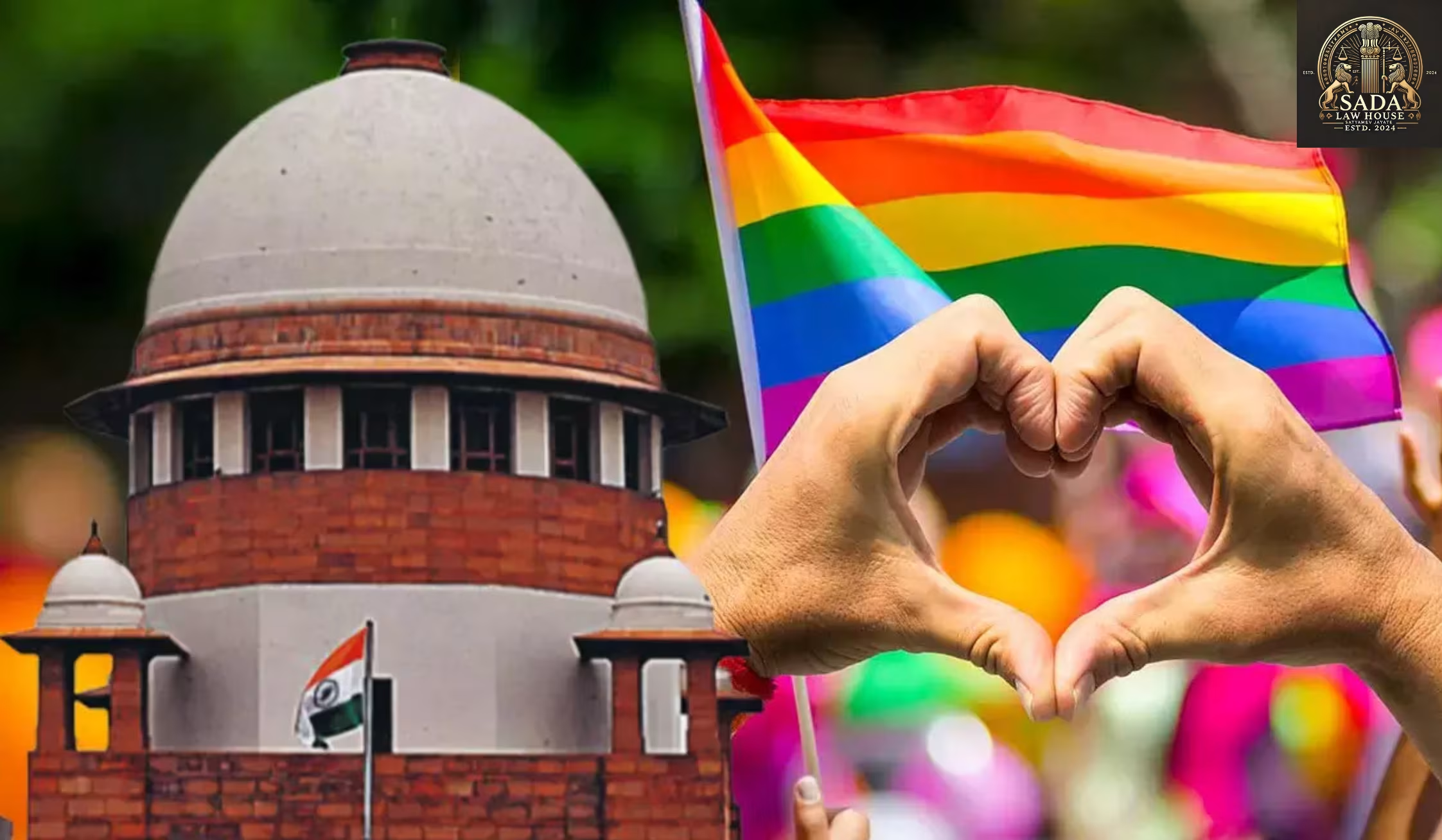Madras High Court Recognizes Same-Sex Couples as Family, Upholds LGBTQIA+ Rights and Personal Liberty
- PRABHAT BILTORIA
- 07 June 2025

Madras High Court affirms that same-sex couples can be recognized as families, highlighting LGBTQIA+ rights and personal liberty. Read how this landmark ruling strengthens legal protection for same-sex partners in India.
Landmark Ruling by Madras High Court Recognizes Same-Sex Couples as Family
In a significant move for LGBTQIA+ rights in India, the Madras High Court has ruled that while same-sex marriage is not yet legal under Indian law, same-sex couples can still be considered a family unit. This decision strengthens the legal recognition of chosen families and reinforces the right to personal liberty as guaranteed under Article 21 of the Constitution of India.
Case Overview – Lesbian Woman Freed from Illegal Detention
The judgment came after a habeas corpus petition was filed by a 25-year-old woman from Tirupattur district. Her partner had approached the court seeking help after the woman was allegedly held against her will by her family in Gudiyatham, Vellore district.
A division bench comprising Justices G.R. Swaminathan and V. Lakshminarayanan directed that the woman has full legal rights to leave with her partner, as per her own will. The court emphasized that no one, including her family, has the right to interfere with her personal decisions.
Recognition of Chosen Families in LGBTQIA+ Law
The court made a powerful statement:
“Family can be established in ways other than marriage.”
It highlighted that the concept of chosen family is now well-established in LGBTQIA+ legal frameworks, citing the NALSA v. Union of India and Navtej Singh Johar v. Union of India cases, where the Supreme Court of India ruled that sexual orientation is a protected aspect of personal liberty.
Police Inaction Criticized by the Court
The bench also criticized the police departments in Gudiyatham (Tamil Nadu), Reddiyarpalayam (Puducherry), and Jeevan Beema Nagar (Karnataka) for failing to act on emergency complaints. The court stated that authorities became responsive only after the habeas corpus petition was filed.
To ensure ongoing safety, a writ of continuing mandamus was issued, instructing the jurisdictional police to provide protection to the couple whenever necessary.
Societal Resistance vs. Legal Clarity
The woman’s mother alleged that her daughter had been “led astray” and turned into a “drug addict” by the petitioner. However, the court firmly rejected this narrative, noting that the woman appeared healthy and mentally sound.
Although the petitioner referred to herself only as a “close friend,” the bench acknowledged the reluctance to disclose the true nature of their relationship due to the conservative societal climate—despite progressive legal rulings like NALSA and Navtej Johar.
Reflections on Leila Seth and LGBTQIA+ Legal Journey
The bench also recalled Leila Seth‘s heartfelt letter expressing her disappointment over the reversal of the Delhi High Court‘s ruling in the Naz Foundation v. Govt. of NCT of Delhi case, which initially decriminalized same-sex relationships.
While Seth did not live to see the Supreme Court’s final decision in the Navtej Singh Johar case, her advocacy still resonates in the ongoing struggle for LGBTQIA+ equality.
Final Verdict – Law Supports Adult Autonomy and Chosen Love
The court concluded that the law leaves no room for ambiguity:
Adults have the right to make life choices, and interference by family or society is not justified under the Constitution. The ruling reinforces the principle that personal liberty and sexual orientation are constitutionally protected.
Conclusion: A Step Forward for LGBTQIA+ Rights in India
This Madras High Court judgment marks a crucial step forward in the recognition of same-sex relationships and chosen families in India. While same-sex marriage remains unrecognized, this ruling sets a strong precedent that reaffirms legal protections, individual freedom, and the dignity of LGBTQIA+ individuals.
Case Laws






